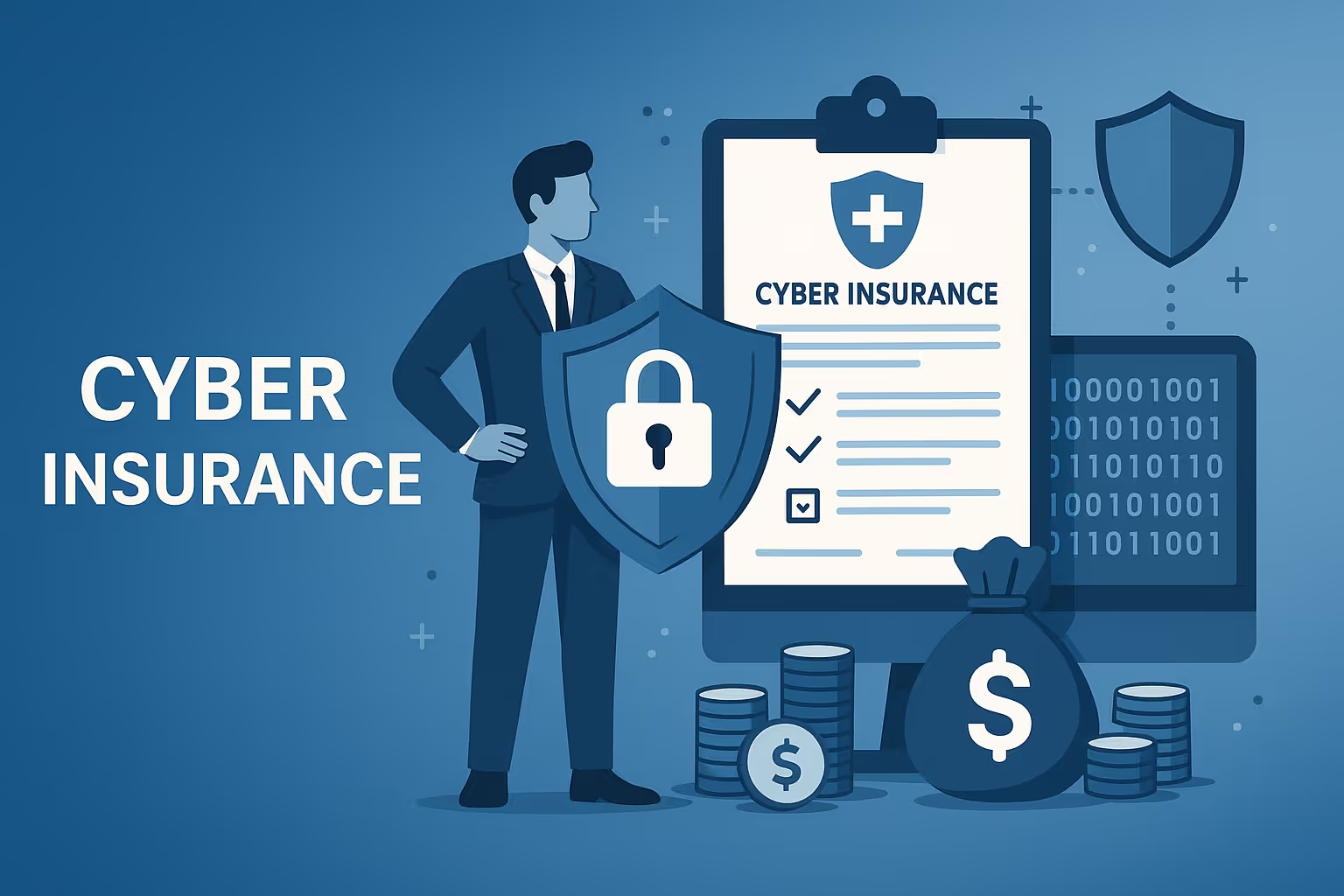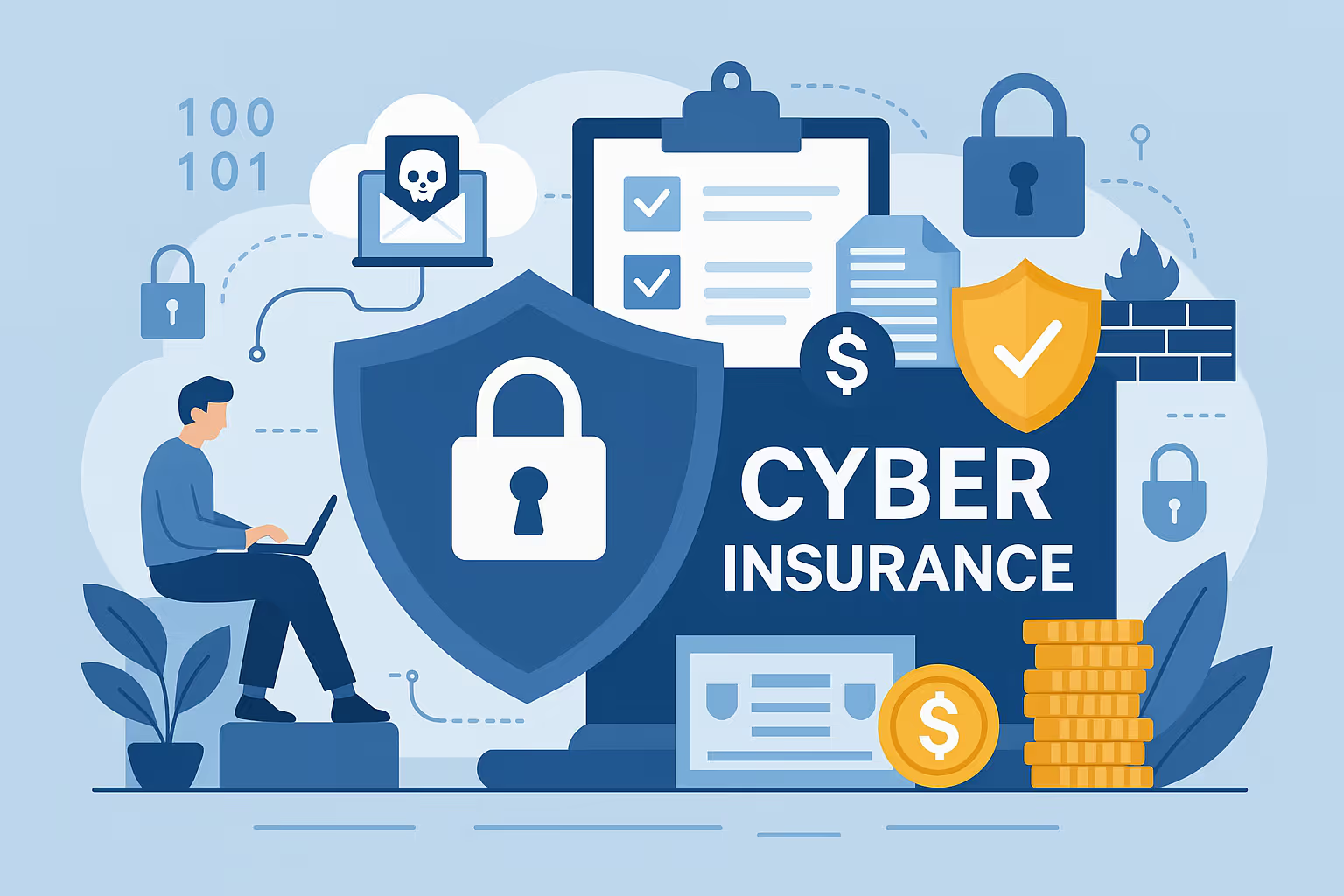
How to get...
For companies in the Transportation/Logistics sector, how to get cyber insurance for Transportation / Logistics involves a detailed, thoughtful process that aligns with both industry-specific risks and U.S. regulatory requirements. Follow these steps:

Who provides...
Transportation and Logistics companies in the United States have access to a range of cyber insurance for Transportation / Logistics offered by various providers. These providers generally fall into the following categories:
Key factors for organizations evaluating cyber insurance providers for Transportation / Logistics in the United States include:


Why need...
Cyber insurance for Transportation / Logistics offers vital support by covering incidents like these. It typically includes costs related to data breach notifications, legal support, and business interruption losses, ensuring that companies can recover quickly from incidents. Additionally, having comprehensive cyber insurance provides extra incentive for companies to strengthen their cybersecurity defenses, turning insurance into a proactive component of their overall security strategy.
Cyber insurance coverage for Transportation / Logistics includes protection against costs arising from unauthorized access to sensitive data such as customer records, employee information, and shipment details. This coverage typically addresses expenses associated with legal fees, notification costs, credit monitoring services, and public relations efforts following a breach. It matters significantly in the Transportation / Logistics sector as companies handle vast amounts of personal and operational data across different networks and third-party vendors.
Cyber insurance coverage for Transportation / Logistics under business interruption protects organizations from financial losses resulting from cyber incidents that disrupt critical operational processes. Cyber events can halt shipment scheduling, inventory management, and real-time tracking systems, causing significant revenue loss and delay penalties. With supply chains operating on tight timelines, this coverage is vital to maintain continuity and mitigate the economic impact of downtime.
Cyber insurance coverage for Transportation / Logistics dealing with cyber extortion and ransomware provides support for ransom payments, negotiation fees, and associated costs like forensic investigation and public relations management. Given that attackers often target the digital infrastructure that coordinates route planning, fleet management, and cargo tracking, this coverage is particularly critical to prevent extended operational paralysis and safeguard both physical and digital assets.
Cyber insurance coverage for Transportation / Logistics for regulatory defense & fines includes legal fees, defense costs, and expenses related to regulatory investigations or enforcement actions stemming from a cyber incident. In a sector subject to stringent federal and state regulations, such as those governing data handling and transportation safety, this coverage is indispensable for managing compliance risks and potential punitive financial exposures.
Build Security with OCD Tech That Meets the Standard — and Moves You Forward
Contact Us
Cyber controls protect US transport & logistics firms. Underwriting assesses cyber risk. Meeting requirements secures insurance.
Secure Your Business with Expert Cybersecurity & Compliance Today
Contact Us


Differences by State...
Cyber insurance for Transportation / Logistics is influenced by state-specific regulations that affect not only policy pricing and coverage details but also the compliance and risk management strategies required by each state. For companies operating in this sector, understanding these differences is crucial when evaluating, purchasing, and maintaining cyber insurance policies.
New York is a leading example of stringent regulatory oversight. Here, state mandates such as the New York DFS Cybersecurity Regulation often impact the scope of coverage, requiring robust risk assessments and compliance protocols. Companies must demonstrate proactive cybersecurity measures and continuous monitoring of data protection practices, which can lead to higher premiums but also reflect a higher standard of risk management. Additionally, the extra regulatory scrutiny means that policies may include more detailed terms regarding incident response, breach notifications, and remediation costs.
Understanding these state-level discrepancies is essential for Transportation / Logistics companies. Evaluating cyber insurance policies involves aligning an organization’s risk profile with the specific regulatory obligations of the state in which they operate. This alignment ensures that both the inherent risks of managing vast networks of data and the legal implications of potential breaches are properly addressed, enabling companies to make informed decisions that balance cost and comprehensive cyber protection.

Compliance & Frameworks...
By incorporating these compliance measures, companies in the Transportation / Logistics sector can not only safeguard their operations but also benefit from more competitive cyber insurance solutions.

Audit. Security. Assurance.
IT Audit | Cybersecurity | IT Assurance | IT Security Consultants – OCD Tech is a technology consulting firm serving the IT security and consulting needs of businesses in Boston (MA), Braintree (MA) and across New England. We primarily serve Fortune 500 companies including auto dealers, financial institutions, higher education, government contractors, and not-for-profit organizations with SOC 2 reporting, CMMC readiness, IT Security Audits, Penetration Testing and Vulnerability Assessments. We also provide dark web monitoring, DFARS compliance, and IT general controls review.
Contact Info
.svg)
OCD Tech
.svg)
25 BHOP, Suite 407, Braintree MA, 02184
.svg)
844-623-8324
.svg)
https://ocd-tech.com
Follow Us
Videos
Check Out the Latest Videos From OCD Tech!
Services
SOC Reporting Services
– SOC 2 ® Readiness Assessment
– SOC 2 ®
– SOC 3 ®
– SOC for Cybersecurity ®
IT Advisory Services
– IT Vulnerability Assessment
– Penetration Testing
– Privileged Access Management
– Social Engineering
– WISP
– General IT Controls Review
IT Government Compliance Services
– CMMC
– DFARS Compliance
– FTC Safeguards vCISO